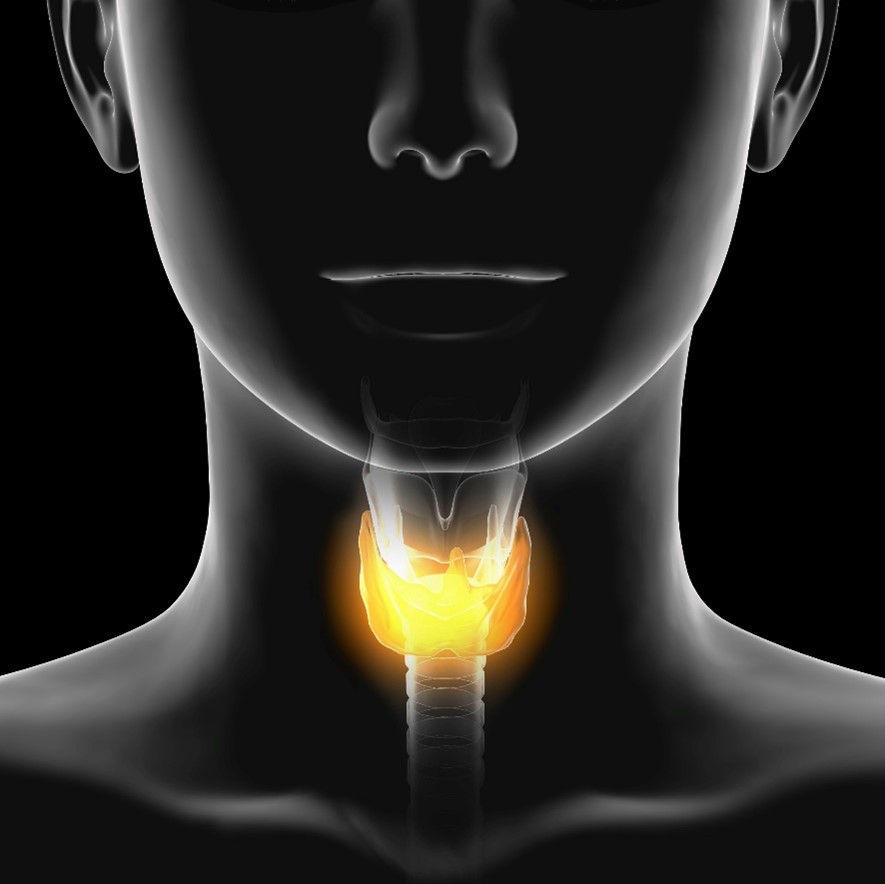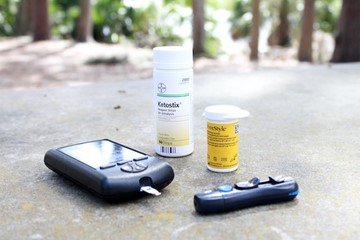
The human thyroid is a remarkable machine.
Without the neck gland, one’s physical growth, weight, metabolism, and development would not be regulated. The hormones created and released by the thyroid dictate how the body uses energy.
It’s also a machine that is vulnerable to breaking down. An estimated 20 million people in the U.S. have some form of thyroid disease; women are between 5 to 10 times as likely to develop thyroid function issues compared to men.
Dr. John Heary explains that when one experiences hyperthyroidism, the thyroid produces too much hormone, leading to using energy quicker than usual. On the other hand, hypothyroidism develops when not enough hormone is created, and energy is used far too slowly.
Medications, cell-damaging radioactive iodine procedures, surgery, and beta blockers are commonly used to treat the condition.
But they may not be the only option.
Natural Thyroid Remedies
Some of the most unexpected home items can be used to help treat thyroid problems. For example, ginger (even the form of ginger tea) is a good way to ease inflammation, a common cause of thyroid issues.
Apple cider vinegar can improve metabolism and help with producing hormones in a balanced way. Coconut oil can help with balancing the temperature of the body and increasing metabolism. Dairy products are high in iodine, one of the minerals needed for a normal functioning thyroid.
Other foods that may improve thyroid functioning include iodine-rich seaweed and baked fish such as haddock and sea bass. Getting enough of the element selenium also helps with hormone metabolism. Foods such as turkey, grass-fed beef, and tuna contain selenium.
Increase Vitamin Intake
Vitamins are essential for combating underlying causes of thyroid disease. Not getting enough vitamin D can result in thyroid issues. It’s produced by the body only when there is proper sun exposure, about 15 minutes each day as a minimum. There are foods that are particularly good at providing vitamin D, including salmon, egg yolks, and orange juice.
Various B vitamins are also vital for correct thyroid functioning. For those with hypothyroidism, vitamin B12 is especially helpful. A diet that includes meat, beans, nuts, and milk typically leads to a good vitamin B supply.

Dietary Changes
Processed foods and sugar are the enemies of the thyroid since excessive intake of both usually leads to higher levels of inflammation, which slows hormone conversion and worsens symptoms. Taking sugar out of a diet has also been shown to regulate energy levels.
Lifestyle Tweaks
Since thyroid dysfunction is impacted by stress, approaches to generally easing stress may also help those with thyroid disease. This includes easing the joint and muscle pain associated with hypothyroidism through cold or hot therapy, as well as practicing meditation and yoga, and getting acupuncture.
Getting enough sleep and improving sleep quality by lowering blue light exposure is a big part of stress management. Spending more time outside doesn’t just lower stress levels but boosts the immune system and tempers inflammation.
And, as usual, getting some form of exercise each day may significantly ease symptoms.



